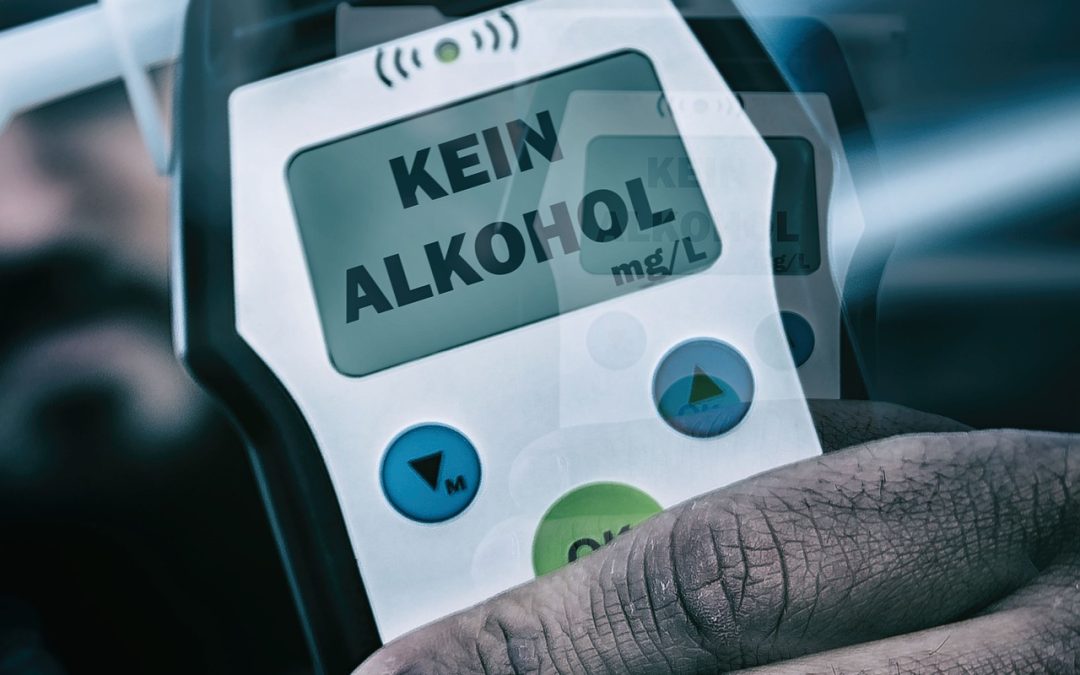As summer approaches, many of us will be heading out to enjoy outdoor activities, festivals, and gatherings with friends and family gatherings. Unfortunately, this also means an increased risk of drunk driving, which can have devastating consequences for individuals, families, and communities. To combat this issue, law enforcement agencies often set up DUI checkpoints to detect and deter impaired driving. But are these checkpoints legal in every state? And what are your rights if you’re stopped at one?
Understanding DUI Checkpoints
DUI checkpoints are typically set up on roads or highways, where police officers will stop vehicles to check for signs of intoxication. These stops are usually brief, and if no signs of impairment are detected, drivers are allowed to continue on their way. The goal of these checkpoints is to deter drunk driving and reduce the number of accidents and fatalities caused by impaired drivers.
Legal Framework
In 1990, the United States Supreme Court ruled in Michigan Dept. of State Police v. Sitz that DUI checkpoints are constitutional, as long as they are conducted in a way that minimizes intrusion” and meets certain criteria. This means that states can implement DUI checkpoints, but they must do so in a manner that respects the Fourth Amendment’s protection against unreasonable searches and seizures.
In general, police officers must have “reasonable suspicion” to stop a vehicle, which can be based on factors such as erratic driving, speeding, or other signs of impairment. At a DUI checkpoint, this reasonable suspicion is provided by the checkpoint itself, as all drivers are being stopped in a predetermined and neutral manner.
Your Rights at a DUI Checkpoint
If you’re stopped at a DUI checkpoint, it’s essential to know your rights while also cooperating with law enforcement to ensure a safe and respectful interaction. Remember:
- Stay calm and courteous: Avoid arguing or becoming confrontational, as this can escalate the situation.
- Provide required identification: You are required to provide your license, registration, and proof of insurance. However, you are not required to answer questions or engage in conversation beyond providing this information.
- Decline field sobriety tests: You have the right to refuse to participate in field sobriety tests, such as walking a straight line or doing a breathalyzer test.
- Ask for a lawyer: If you’re arrested or detained, request to speak with an attorney before answering any questions or providing any information.
As the ACLU reminds us:
“You have the right to remain silent. If you wish to answer questions, it’s a good idea to talk to a lawyer first. You have the right to an attorney, and the police must respect that.”
In conclusion, while DUI checkpoints are a legal and effective way to combat drunk driving, it’s crucial to remember that you have rights that must be respected. By being informed and assertive, you can ensure a safe and respectful interaction with law enforcement. Remember to stay informed about local regulations and laws, and always prioritize safety on our roads.
The information at Observed.Org may not pertain to every jurisdiction. It is YOUR responsibility to know your rights and observe them. Nothing here should be considered legal advice.

